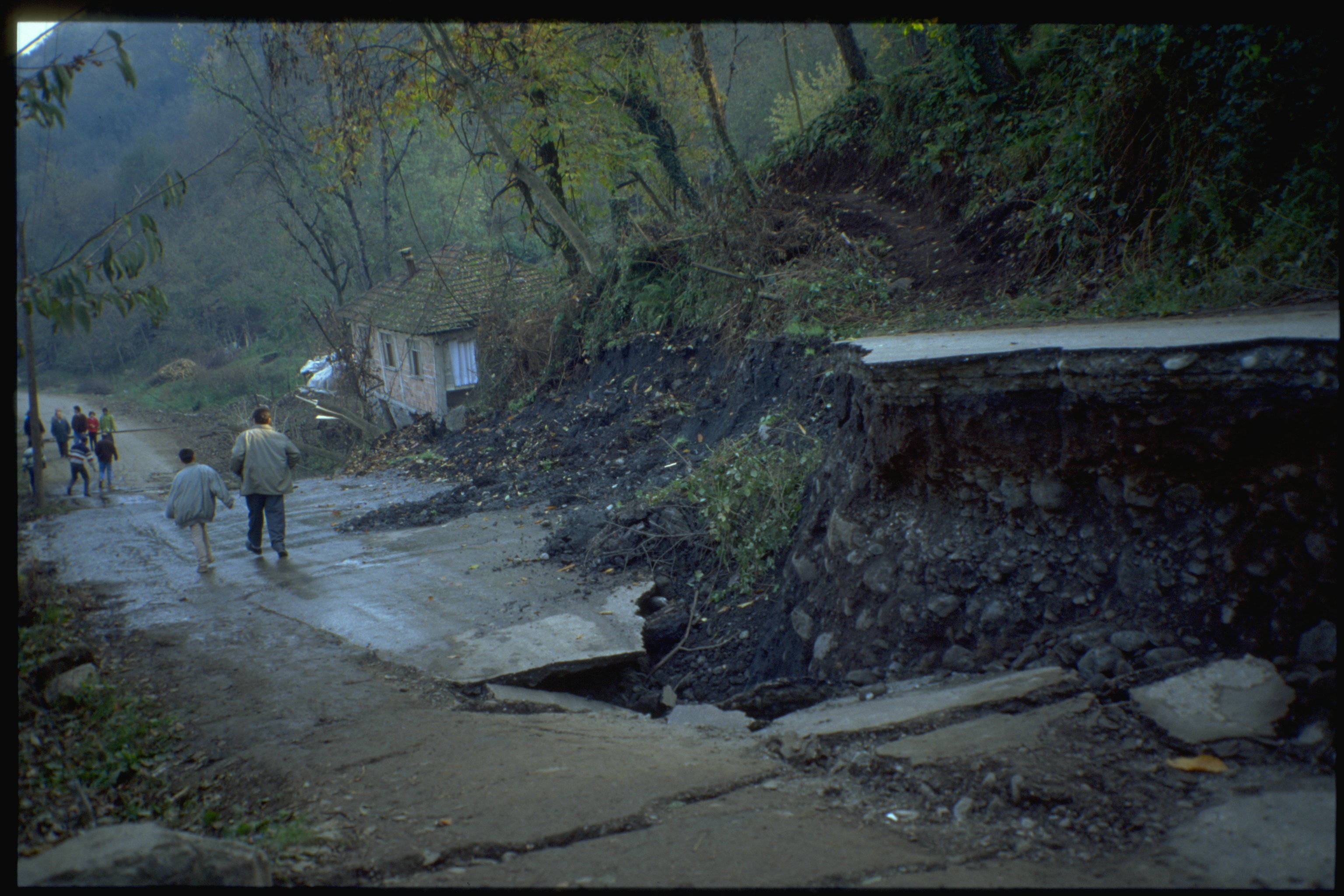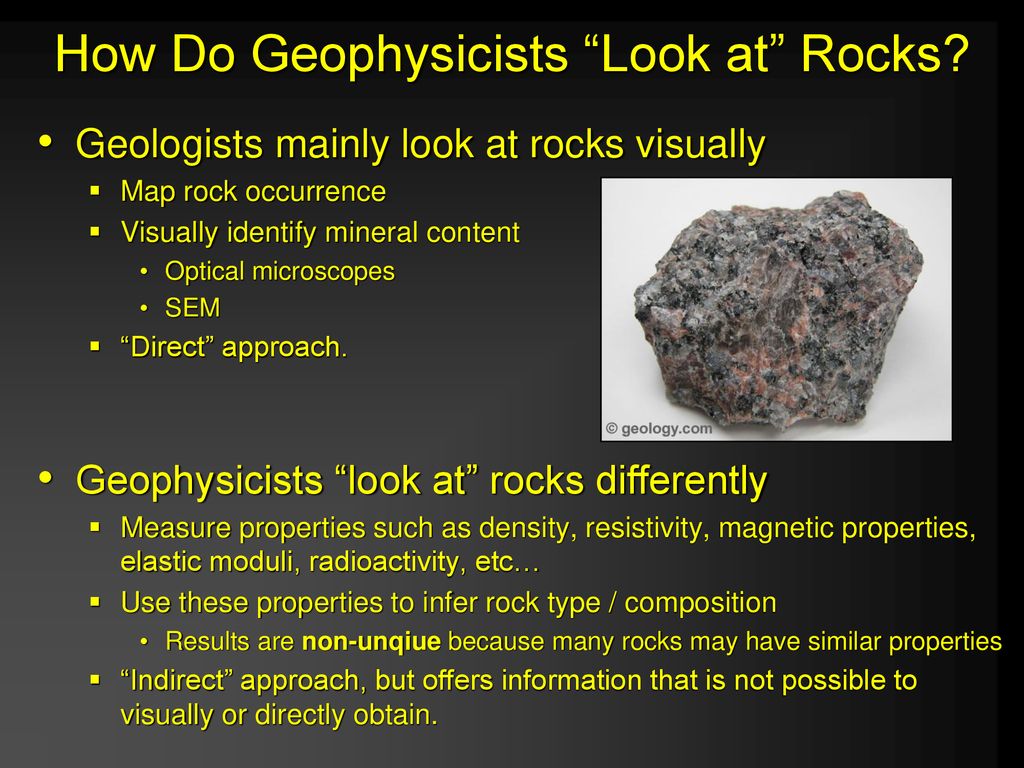All Categories
Featured
Table of Contents
Geophysicist: What Is It? And How To Become One? in Forrestfield Aus 2023
This work is progressively contracted out, so consultancies provide another source of employment. Consultancy firms differ in size, from really small business to big multinationals. Some consultancies are quite specialised in using particular geophysical strategies or operating in specific places, while others use a more varied variety of services to their consumers.
The extraction of gas from land fill sites is another location of employment and this might grow in the future. Exploration business may undertake work for building companies, public utility, mining companies and environmental firms, so geophysicists might be utilized in any of these settings. Other employers include: geological surveysgovernment bodies and agenciesuniversities and research study institutes.


Vacancies may be listed in the oil and gas sector press. Recruitment is impacted by oil rate changes and the level of competition for positions differs depending upon this. Careers Days, which cover the full variety of geoscience professions and are generally attended by a variety of key market employers, are run by The Geological Society.
How To Become A Geophysicist in Brigadoon WA 2021
Some of the large oil and gas business provide a full two-year structured training programme throughout the breadth of geophysics, consisting of the opportunity to experience operate in different groups prior to specialising in one area. Your training may consist of deal with: existing wellsmagnetic and gravitational potential field information analysisresearchrock analysis. It's more typical for your preliminary training to be provided on the job.

There may be a probationary duration during which you work along with an experienced coworker. Competency-based appraisals occur regularly in the majority of firms. In smaller sized companies, and for academic posts, there is unlikely to be any official training - you'll be anticipated to start work straightaway and select up abilities as you go along.
If you work for a smaller business, you may discover that you need to take obligation for arranging and moneying your own development and training. If you have a geology degree, membership of The Geological Society can be useful for networking and for keeping up to date with the industry.
What Is Geophysics? in Churchlands Western Australia 2020
You might likewise find it helpful to sign up with the PESGB (The Petroleum Exploration Society of Great Britain, which has a geophysics special interest group. After a probationary duration, and once you have actually acquired some experience, you could advance to senior geophysicist, then group leader and after that into a senior function in management.
The ease of motion in between roles depends on the business structure. Study at Masters or Ph, D level in a subject associated to geophysics or geosciences might aid with your career development and development. The work market within the oil and gas market is very depending on rate and this might affect your opportunities for career progression.
Not all jobs are dependent on the oil and gas markets. For experienced geophysicists, freelance consultancy uses a good path for profession advancement. You can also specialise in a particular area of geophysics. As a geophysicist, you're most likely to have numerous tasks throughout your working life. International mobility is important for dealing with peaks and troughs in different nations at various times.
Geophysicist Jobs in Rockingham WA 2023
From geophysics, it's possible to focus on seismology (completing further training to become a seismic interpreter) or to move into related locations such as engineering geology or threat prediction.
Deciding what to study in college is a tough choice. Even if you understand that your field of interest lies in science, what program of research study is best for you?
The first step to attaining your objective of ending up being a geophysicist is earning a degree. Even for entry-level positions in the field of geoscience, you'll need a bachelor's degree (a geophysicist college degree) from a recognized college or university. Geophysicists need to be able to: evaluate rocks, photos, and other pieces of information conduct research study both in the field and in labs produce maps and charts of their findings compose reports To achieve all this, trainees need a specialized education for geophysicist careers.
As stated above, you'll need a bachelor's degree in geoscience or a related discipline, such as a physical science or a life sciences, to land an entry-level task. But students can likewise prepare by majoring in topics like: Biology Chemistry Computer science Engineering Mathematics Physics The above geophysicist majors provide a more generalized approach to a single clinical discipline, but the majority of programs require students to take several geology course.
Latest Posts
What Geophysicists Do in Iluka WA 2023
Geophysical Survey Definition in Casaurina Oz 2021
Geology And Geophysics - Careers And Employment in Manning Aus 2022